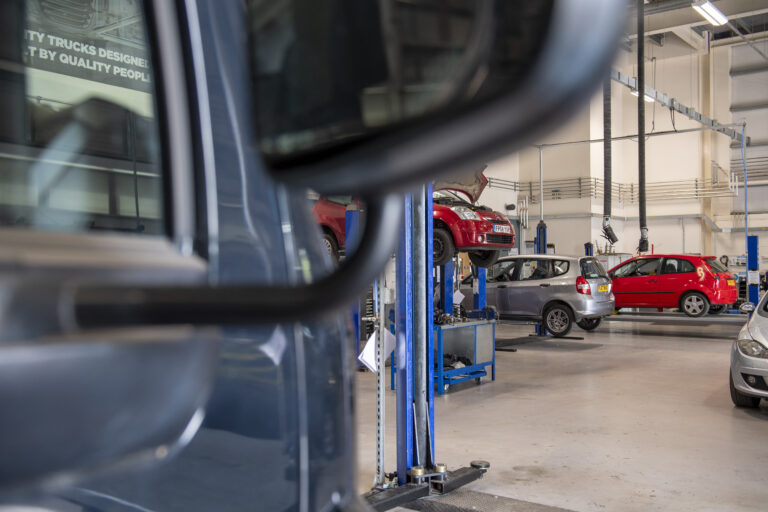
The UK government set out the target that all new vehicles on UK roads must be zero-emission vehicles by 2035. Electric Vehicles (EVs) currently account for over 25% of new car registrations and that is set to rise exponentially, in line with introduction of the UK’s Internal Combustion Engine (ICE) ban set for 2035.
In line with this increase, many councils across Lancashire and Cumbria are welcoming government-funded Local Electric Vehicle Infrastructure (LEVI) grants to pay for hundreds of new electric vehicle charge points. However, with this welcome move towards greener EV-power there is a vital need for EV-trained technicians.
The Institute of the Motor Industry (IMI) predicts a need for 77,000 EV-qualified technicians by 2030, increasing to 89,000 by 2032. Delays in the training of EV technicians could result in safety risks, higher costs and extended repair times.
The Lancashire and Cumbria Institute of Technology (L&C IoT) are proactively working to service this skills gap through courses that will provide students with the expertise required for this new era of the automotive industry, with emphasis on electric vehicles. Designed to inspire and prepare the next generation of automotive professionals, the Lancashire and Cumbria IoT academic partner Nelson and Colne College Group (NCCG) recently introduced new T Level qualification in Electric Vehicle Maintenance and Repair, tailored for 16–18-year-olds.
Students enrolled in the L&C IoT courses will get hands-on experience of working with vehicles, alongside their skills education which can be shaped by industry partners in the automotive sector.
With the Zero Emission Vehicle (ZEV) Mandate confirmed for its 2035 deadline, collaboration is key for expediting a workforce that can support the switch to EVs.
This exciting new era offers a unique opportunity for the automative industry to outline the skills required and create career pathways for the future workforce. There is an opportunity to ensure training aligns with emerging technologies and supports the charging infrastructure across the county.
By partnering with the L&C IoT, employers such as SMB garages, car manufacturers, and energy providers can craft course content for advancing EV technology and prepare the workforce of tomorrow.
Collaboration is key. If your business would like to help shape the future of EV training and please get in touch: employer@iot.ac.uk